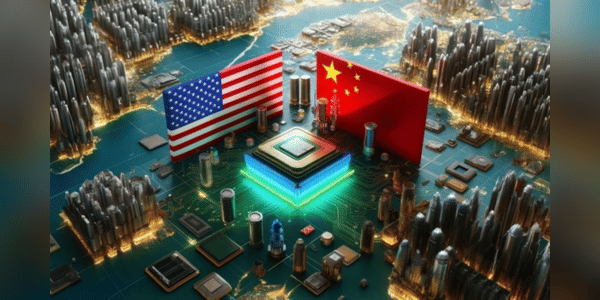The United States is tightening restrictions on technology exports to China as part of its ongoing struggle for dominance in artificial intelligence and semiconductor technologies. According to Reuters sources, Taiwan Semiconductor Manufacturing has been ordered to halt shipments of advanced AI chips to China, with the order taking effect on Monday.

The move is part of a broader strategy to prevent China from acquiring advanced technology that can be used for military purposes or for the development of artificial intelligence.
The U.S. Commerce Department sent TSMC $TSM a letter ordering an immediate halt to exports of certain advanced chips to China. This regulation particularly affects chips manufactured using 7nm technology or more advanced processes that are critical for applications aimed at accelerating computing power for artificial intelligence or graphics computing. It is these chips that play a key role in China's AI applications, including advanced processors and graphics…